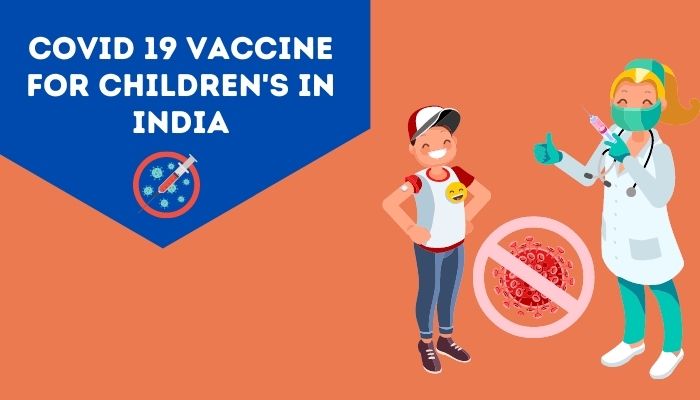When the world was looking towards a new dawn in a pandemic-free environment, the emergence of the new covid variant, the Omicron, played spoilsport. The World Health Organisation (WHO) has named this variant of concern and stated that it transmits very quickly, possibly even quicker than the Delta variant. The reports are still preliminary, so it cannot be said with conviction whether or not the existing vaccines would be effective against the Omicron covid variant.
The origin
The Omicron strain of the Covid 19 virus is believed to have originated in the African nation of Botswana. It is a severe mutation of the original virus. The mutation possibly happened within the body of an immunocompromised person. The patient may be had a chronic infection, which allowed the virus to mutate several times. A healthy immune system kills and eliminates the Covid virus, but this doesn't happen in an immunocompromised system of a person who suffers from some existing ailments such as HIV-AIDS.The Spread
The virus has spread quickly within the continent of Africa. The Omicron variant is rampant in many countries, including South Africa. According to reports, there is a massive surge of cases in South Africa; over 90% of the new cases reported are caused due to the Omicron variant.The new strain was spotted and discovered only recently by a team of doctors in South Africa. In the interim period, though, many people travelled internationally, and the Omicron strain has reached worldwide. Cases have been reported in various parts of the world, including the UK, mainland Europe and even as far as Australia. Recently, some travellers returning from South Africa tested positive for covid in India, but the results are being scanned to determine whether or not they have the Omicron variant.
In light of the new developments, many countries are now reconsidering enforcing lockdowns. Travel restrictions to South Africa are already in place. Most countries worldwide are screening the passengers arriving from South Africa and asking them to go into a compulsory institutional quarantine, irrespective of their report status. These desperate steps are being enforced to ensure the Omicron virus doesn't lead to another significant spike in the covid cases and deaths.
The severity of the infection
Though highly transmissible, the virus isn't deadlier than the other variants. This means the patients affected are not at a higher risk of getting hospitalised or losing their lives due to this mutant.A large number of the people affected by the Omicron variant of the covid virus are reportedly experiencing very mild symptoms, with very few even requiring a hospital stay. Also, many of the people affected in South Africa are university students who, as young adults, have an excellent immune system. This is also why no significant complications are rising out of the infections.
The patients affected with the Omicron variant report mild symptoms such as a low-grade fever, recurrent headaches and weakness. The symptoms of taste and smell loss, which has been widely prevalent in the previous strains of the virus, are not yet seen in the Omicron variant.
Efficacy of vaccines
As stated, there still isn't a lot of clarity in the course of treatment needed to handle the current crisis resulting from the Omicron variant. This is why the experts are still guessing whether or not the vaccines administered would be effective against Omicron.These doubts surfaced because the Omicron is a heavily mutated form of the Novel Coronavirus. As seen in the past, vaccines are not designed to tackle mutations; thus, there is still no clarity on how the vaccines will offer protection against this new strain.
However, healthcare workers around the globe, along with vaccine researchers, are optimistic about the efficacy of the vaccines. Professor Sir Andrew Pollard, one of the co-creators of the Oxford vaccine, is very hopeful that the existing vaccine will prevent any severe complication that can result from the Omicron variant of the covid virus.


